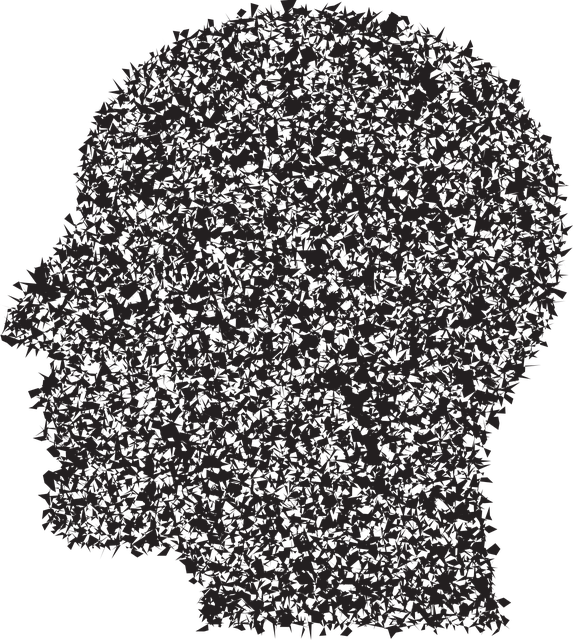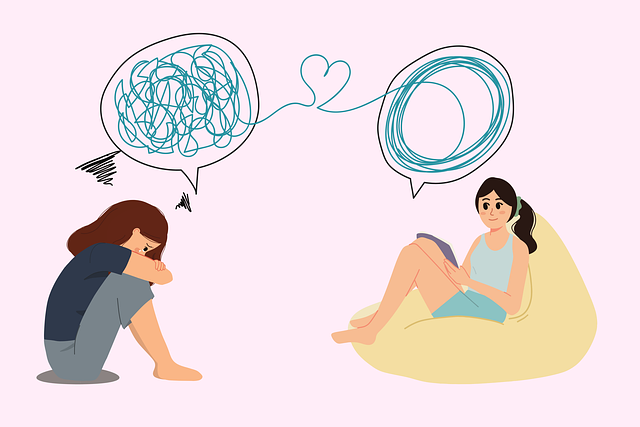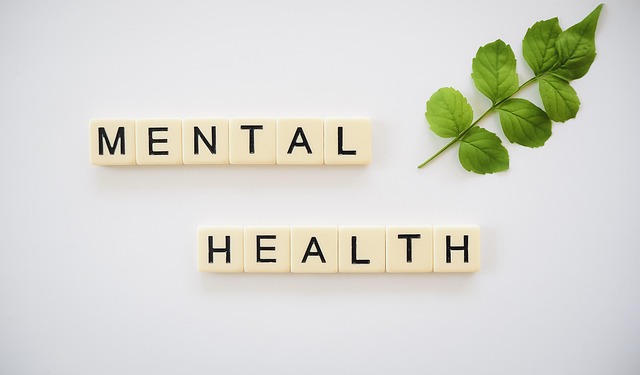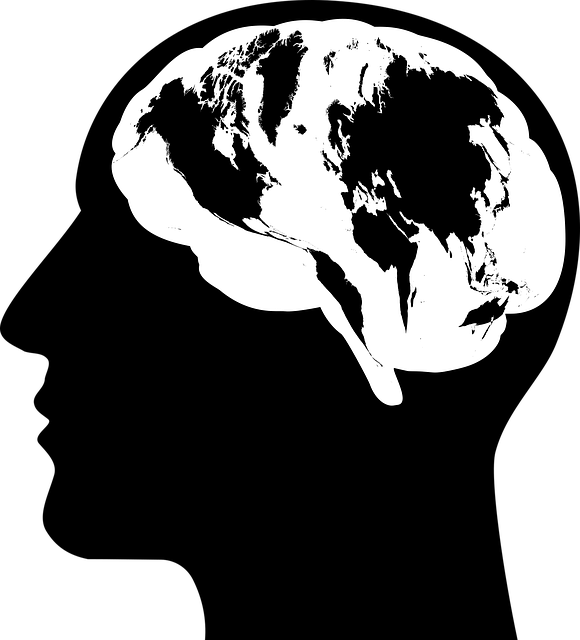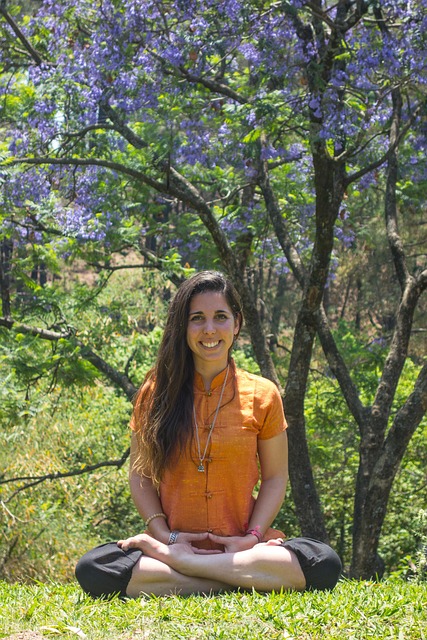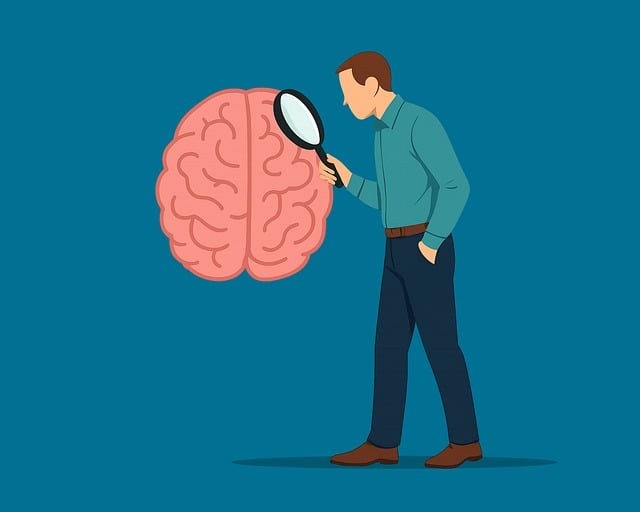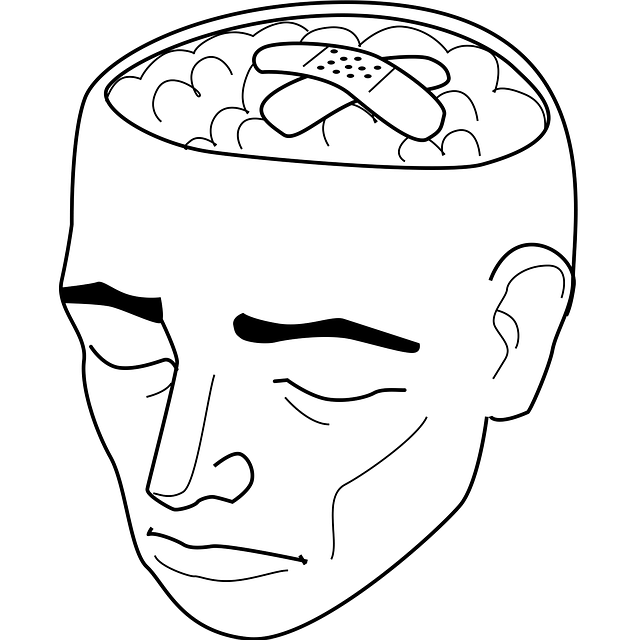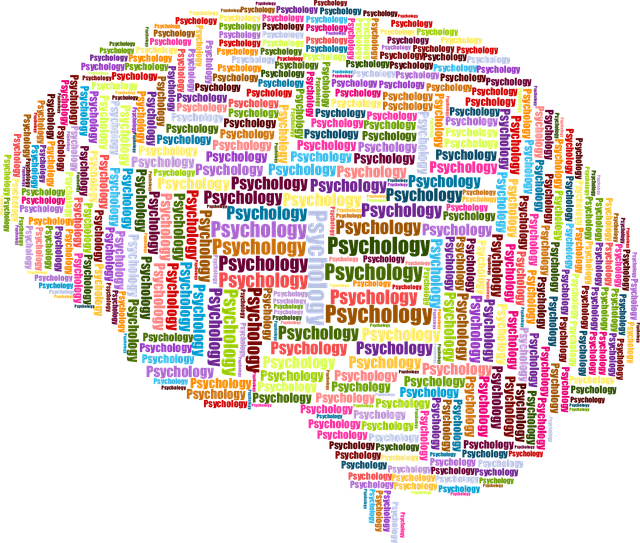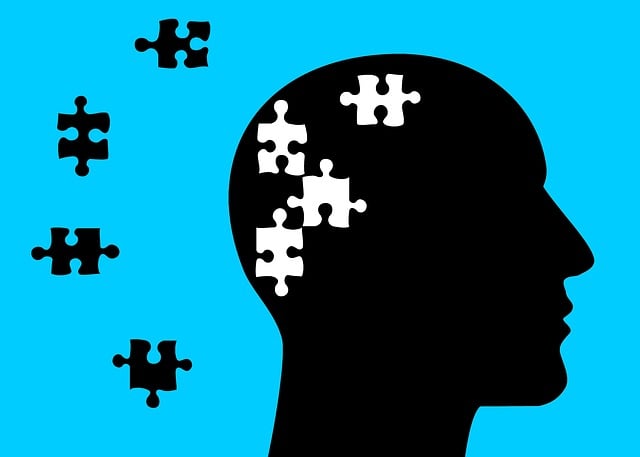Boulder Young Adults Therapy (BYAT) offers specialized mental wellness support for 18-25 year olds using evidence-based Mind Over Matter principles. The program incorporates structured interviews, surveys, and self-report measures to evaluate effectiveness, focusing on emotional regulation, coping strategies, and cultural sensitivity. BYAT combines qualitative and quantitative tracking methods, including regular check-ins and open dialogue, to ensure tailored interventions and improve outcomes. Therapists prioritize ongoing professional development, integrating communication skills and holistic stress management techniques to empower young adults in overcoming challenges.
Mental wellness program evaluations are crucial for measuring the effectiveness of initiatives like the Boulder Young Adults Therapy (BYAT) program. This article explores key evaluation methods used to assess BYAT’s success, focusing on understanding its therapy goals, utilizing appropriate assessment tools, and tracking progress. We discuss strategies for continuous improvement based on measured outcomes, ensuring the program adapts to best support young adults in Boulder. By examining these components, we can enhance and optimize mental wellness interventions.
- Understanding Boulder Young Adults Therapy Program Goals
- Assessment Tools for Mental Wellness Programs
- Tracking Progress and Measuring Success
- Continuous Improvement Strategies for Effective Therapy
Understanding Boulder Young Adults Therapy Program Goals

The Boulder Young Adults Therapy (BYAT) program is designed to support and enhance the mental wellness of young adults aged 18-25. Its primary goals are to help individuals develop essential coping strategies for managing stress, anxiety, and depression, while fostering resilience in their daily lives. The program incorporates evidence-based Mind Over Matter principles, focusing on teaching participants effective emotional regulation techniques tailored to their unique needs.
BYAT recognizes the importance of addressing cultural competencies among healthcare providers to ensure inclusive care. Through specialized training, therapists gain insights into diverse cultural perspectives and backgrounds, allowing them to create a safe, non-judgmental space for young adults from various communities. This approach promotes open communication and encourages participants to explore their mental health journeys without barriers, fostering deeper connections and improved outcomes.
Assessment Tools for Mental Wellness Programs

The evaluation of mental wellness programs is a multifaceted process that utilizes various assessment tools to gauge their effectiveness. These tools are designed to capture the nuanced improvements in participants’ mental health, emotional regulation, and overall well-being. For instance, the Boulder Young Adults Therapy model employs structured interviews, surveys, and self-report measures tailored to young adults’ unique experiences. Such methods include the Development of Self-Care Routine for Better Mental Health scale, which assesses individuals’ ability to maintain healthy habits and emotional coping strategies.
Moreover, Mental Wellness Coaching Programs Development often relies on pre-post tests and follow-up assessments to track changes in symptoms over time. These evaluations may incorporate scales measuring anxiety, depression, stress, and life satisfaction, providing insights into the program’s impact on emotional regulation. By employing these diverse assessment tools, mental health professionals can tailor their interventions and ensure they cater to the specific needs of their clients, fostering sustainable improvements in mental wellness.
Tracking Progress and Measuring Success

Tracking progress and measuring success in mental wellness programs is a multifaceted process that goes beyond mere numbers. At Boulder Young Adults Therapy, we employ qualitative and quantitative metrics to assess the effectiveness of our interventions. This includes regular check-ins with participants to gauge their emotional well-being, personal growth, and coping strategies. By engaging in open dialogue, we gain valuable insights into each individual’s unique journey and tailor support accordingly.
Moreover, cultural sensitivity in mental healthcare practice plays a pivotal role in evaluating success. We recognize that mental wellness is deeply intertwined with cultural context, and our evaluation methods are designed to be inclusive and respectful. By considering the diverse backgrounds of our clients, we can prevent burnout among therapists and ensure that interventions resonate authentically with participants. This holistic approach not only enhances treatment outcomes but also fosters a supportive environment where everyone feels valued and understood.
Continuous Improvement Strategies for Effective Therapy

In the realm of Boulder Young Adults Therapy, fostering continuous improvement is vital for delivering effective and impactful treatment. Therapists who embrace this strategy are better equipped to adapt their approaches, ensuring tailored support for each individual’s unique needs. By regularly reviewing and refining techniques, these professionals can enhance the overall quality of care. This involves staying updated with the latest research in mental health, incorporating evidence-based practices, and actively seeking feedback from both clients and peers.
One key aspect is integrating communication strategies that promote open dialogue and active listening. Effective communication fosters trust and encourages clients to share their experiences and emotions openly. Additionally, stress management techniques and anxiety relief methods can be taught as part of the therapy process, empowering young adults with tools to navigate challenges independently. These continuous improvement strategies collectively contribute to a holistic therapeutic environment, ultimately enhancing the effectiveness of Boulder Young Adults Therapy.
The evaluation of mental wellness programs, such as the Boulder Young Adults Therapy, is essential for understanding their effectiveness and making informed improvements. By utilizing diverse assessment tools and tracking progress, we can ensure these programs meet their therapeutic goals. Continuous improvement strategies, inspired by best practices and feedback, are key to optimizing outcomes for young adults seeking support in Boulder and beyond.
